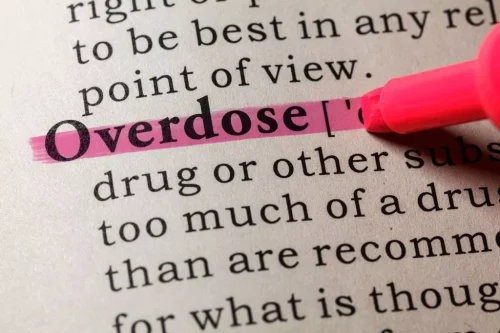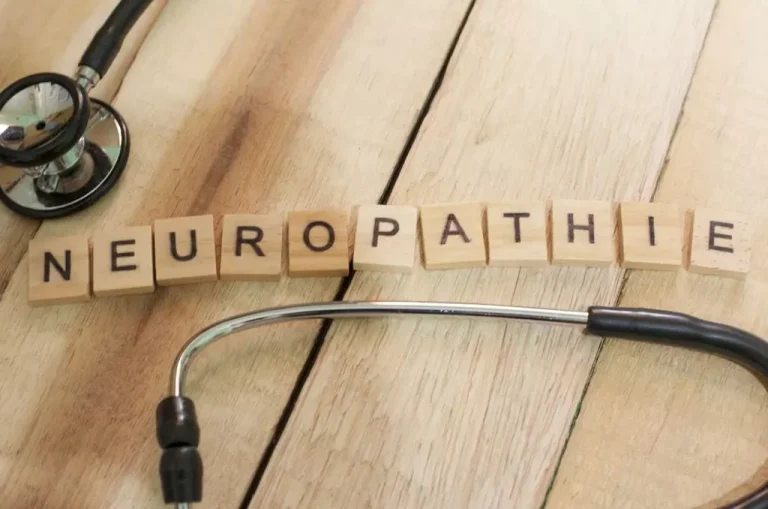
If you have mush brain meaning a loved one who may have wet brain, it is important to consult with a healthcare provider or a specialist such as a psychiatrist, addiction psychiatrist, or neurologist. In this stage, serious memory loss and other damage to the brain can become permanent. The symptoms of wet brain can come on suddenly, taking a few days to develop.
Stress Management
- Reduce digital overload by setting screen boundaries, taking tech-free breaks, and practicing single-tasking.
- Discover how first impressions affect mental health—plus several strategies to overcome negative snap judgments.
- It is not clear from your question what you mean by “mush” in this context.
Once you have recognized the symptoms of the wet brain in yourself or someone close to you, it is important to get treatment as soon as possible. Without treatment, a wet brain can cause life-threatening brain damage. With treatment, however, symptoms can be controlled, and the syndrome can likely be stopped. Some researchers believe that Wernicke encephalopathy and Korsakoff syndrome are two separate disorders that share the same cause and are simply related to one another.
Wet Brain: Essential Guide to Wernicke-Korsakoff Syndrome
If you are lucky to have gotten an early diagnosis, the damage done to your brain is still reversible. In addition to your treatment plan, the following management techniques can help you make a full recovery. Thiamine is essential for converting sugar to energy in our bodies and creating chemical messengers in our brains.

Brain Injury Rehab: Comprehensive Guide to Recovery and Long-Term Care

To combat this, regular breaks, hydration, and mindfulness exercises can help restore mental clarity. Similarly, hormonal fluctuations during pregnancy, menopause, or chronic stress can cause cognitive sluggishness. Women experiencing perimenopause and menopause frequently report increased forgetfulness and mental fatigue due to declining estrogen levels.
Time management and prioritization are also key in preventing brain melt. It’s like eating an elephant – you do it one bite at a time (not that I’m advocating eating elephants, mind you). Well, there are a few telltale signs that your noggin might be turning into a puddle of goo. It’s a real phenomenon that occurs when our mental resources are stretched too thin. ” It’s like trying to pour a gallon of water into a pint glass – something’s gotta give.


As part of the treatment for wet brain syndrome, you will be given additional thiamine – usually in an IV or supplemental form – to help increase your levels. Over time as your thiamine levels increase and stabilize, you may notice an improvement in your symptoms. There are two reasons why thiamine deficiency happens when you drink large amounts of alcohol. The only way to get proper amounts of thiamine is by eating a what is alcoholism proper diet. Unfortunately, many individuals who suffer from alcohol abuse and alcoholism don’t consume a well-balanced diet that contains enough thiamine. Mental clarity is critical for daily performance, emotional regulation, and long-term brain health.
How Does Drinking Cause Wet Brain Syndrome?
- Stopping alcohol use will prevent wet brain from developing again or progressing further if it is already permanent.
- Brain fog can have a number of negative consequences for your health and well-being, and some symptoms could be indicators of deeper health issues.
- Moreover, excessive alcohol consumption could challenge the body’s ability to process and store thiamine correctly.
- However, the only way to fully avoid wet brain and alcoholic dementia is to lower the substance abuse itself.
A brain MRI to show if there has been any damage to tissues in your brain might be recommended. Research shows that wet brain is more likely to develop in men than women. This is because men are more likely to be diagnosed with alcohol use disorder, the leading cause of wet brain. With the proper treatment and management, it’s possible to reverse the damage the condition has caused to your brain. Let a healthcare provider know if you experience brain fog, especially if it’s disruptive to your daily activities and routine. You might want to talk to a provider if you frequently forget about appointments, have trouble completing ordinary tasks or find it difficult to pay attention when someone’s talking to you.

